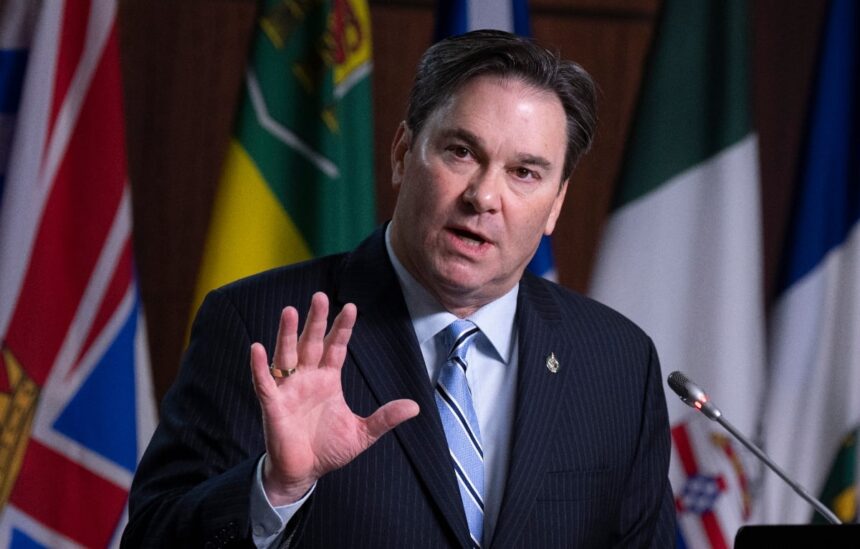In a critical development that could reshape Canada’s parliamentary dynamics, the New Democratic Party has entered high-stakes negotiations with Prime Minister Mark Carney’s Liberal government over its official party status following the 2025 federal election. The NDP, falling three seats short of the 12-seat threshold required for official recognition in the House of Commons, now faces a pivotal moment that threatens its parliamentary resources, question period privileges, and committee representation.
“This isn’t just about parliamentary procedure—it’s about ensuring the voices of nearly a million Canadian voters continue to be represented effectively in our democratic institutions,” said veteran NDP MP Don Davies in an exclusive interview. Davies, who secured his Vancouver Kingsway seat for a sixth consecutive term despite the party’s broader electoral challenges, has emerged as a key figure in these negotiations.
The talks come at a particularly delicate time for Prime Minister Carney, whose minority government faces the immediate challenge of passing its first budget while managing a fractured parliament. Political analysts suggest the NDP’s position, while weakened, still carries leverage as the Liberals seek to establish stability in the House of Commons.
“The precedent exists for granting official party status in exceptional circumstances,” explained Dr. Samantha Chen, political scientist at the University of Toronto. “In 1997, the Progressive Conservatives received similar accommodations despite falling below the threshold. What we’re seeing is less about bending rules and more about acknowledging democratic representation in our parliamentary system.”
Financial implications for the NDP are substantial. Official party status comes with approximately $2.8 million in parliamentary funding, dedicated staff positions, guaranteed speaking time during question period, and committee appointments that provide crucial oversight capabilities. Without these resources, the party’s ability to fulfill its opposition role would be significantly diminished.
Behind closed doors, sources familiar with the negotiations indicate the discussions extend beyond party status to potential policy collaborations. “The Carney government recognizes that some form of productive working relationship with the NDP might be necessary for legislative stability,” noted a senior Liberal advisor speaking on condition of anonymity.
For their part, Conservative opposition members have expressed concerns about potential “backroom deals” that might circumvent parliamentary traditions. “Rules exist for a reason,” stated Conservative House Leader Michael Barrett. “Changing the goalposts after an election sets a dangerous precedent.”
The stakes extend beyond immediate political calculations. The NDP has historically played a significant role in advancing progressive policies in Canada, from healthcare initiatives to labor reforms. Their diminished presence raises questions about who will champion these issues in parliament with equal dedication.
Davies remains cautiously optimistic. “We’ve been clear that our priority is ensuring we can effectively represent the Canadians who put their trust in us,” he said. “While we respect parliamentary traditions, democracy is ultimately about ensuring diverse voices are heard, especially in a time of economic uncertainty and global instability.”
As negotiations continue, the outcome will likely set important precedents for parliamentary governance in Canada and shape the legislative landscape for the coming years. The situation underscores a fundamental question facing our democratic institutions: How do we balance adherence to established rules with the imperative to ensure meaningful representation for all Canadian voters in our increasingly complex political environment?


















